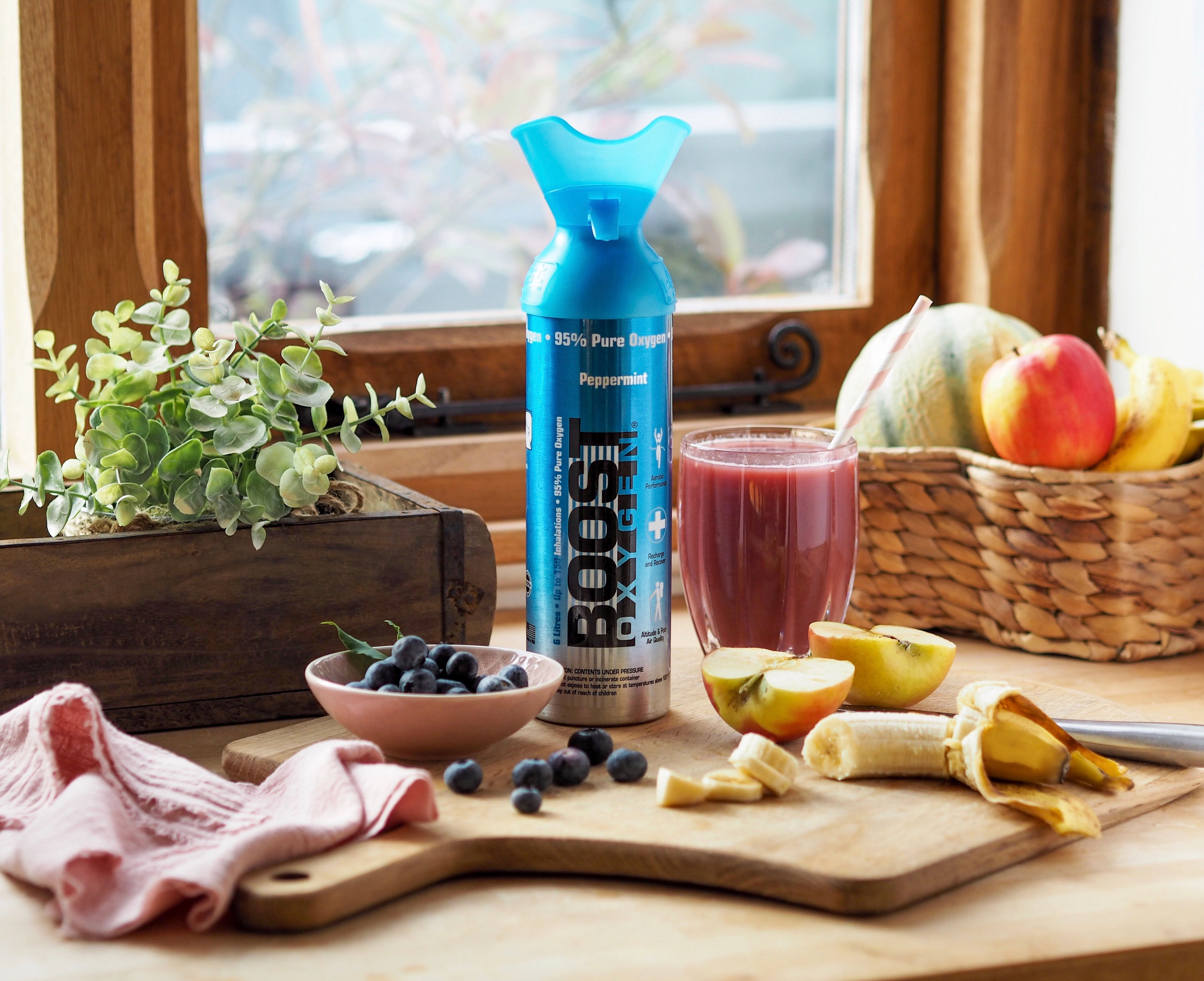We make new year's resolutions annually in an attempt to turn over a healthy new leaf. However, Forbes columnist Psychiatrist Prudy Gourguechon advises that resolutions cannot lead to sustainable behavioural change as they are not constructed in a way that harnesses motivation and turns it into action and change. With an estimated 80% of resolutions abandoned by February they simply do not work and are inherently depressing!
Why do resolutions fail? Behaviours are not simply habits but a complex product of temperament and personality as well as learned experience and physical and emotional needs. Any behaviour bad of good that provides a reward leads to a surge in the brain's (feel good) neurotransmitter dopamine, something we are wired to want to repeat. Abruptly giving up our hard-wired behaviours that make us feel good is difficult for obvious reasons.
Making tiny adjustments to lifestyle habits makes it easier to stick to a new routine. To improve overall health 80% of meals should consist of alkaline foods which will help increase oxygen levels in the blood. Alkaline foods include all green and leafy vegetables, all yellow/orange vegetables, potatoes, almost all fruit, most nuts and almost all seeds. Lemons are a top oxygen-rich food. Though acidic outside the body, they turn alkaline within the body. Lemon has electrolytic properties making it an excellent alkalizing food. It’s also one of the best tonics for the liver as it helps in cleanse and energise this vital organ.
Iron-rich foods such as meats, poultry, fish, legumes and green leafy vegetables improve iron deficiency, which in turn improves blood oxygen levels. One of the most common conditions that humans tend to suffer from is deficiency of haemoglobin, an iron-rich protein present in red blood cells which is responsible for carrying oxygen throughout the body.
Staying hydrated can be challenging, but it can also help improve oxygen levels as water molecules (H2O) are made of two hydrogen atoms and one oxygen atom. Drinking enough water helps us stay hydrated which makes it easier for the blood to deliver nutrients and oxygen to the rest of the body.
Other fluids such as fresh juices and smoothies are also a good choice. Because fresh fruits and vegetables are full of vitamins, minerals and antioxidants, juicing them can help you receive their benefits in a more easily digestible form.
